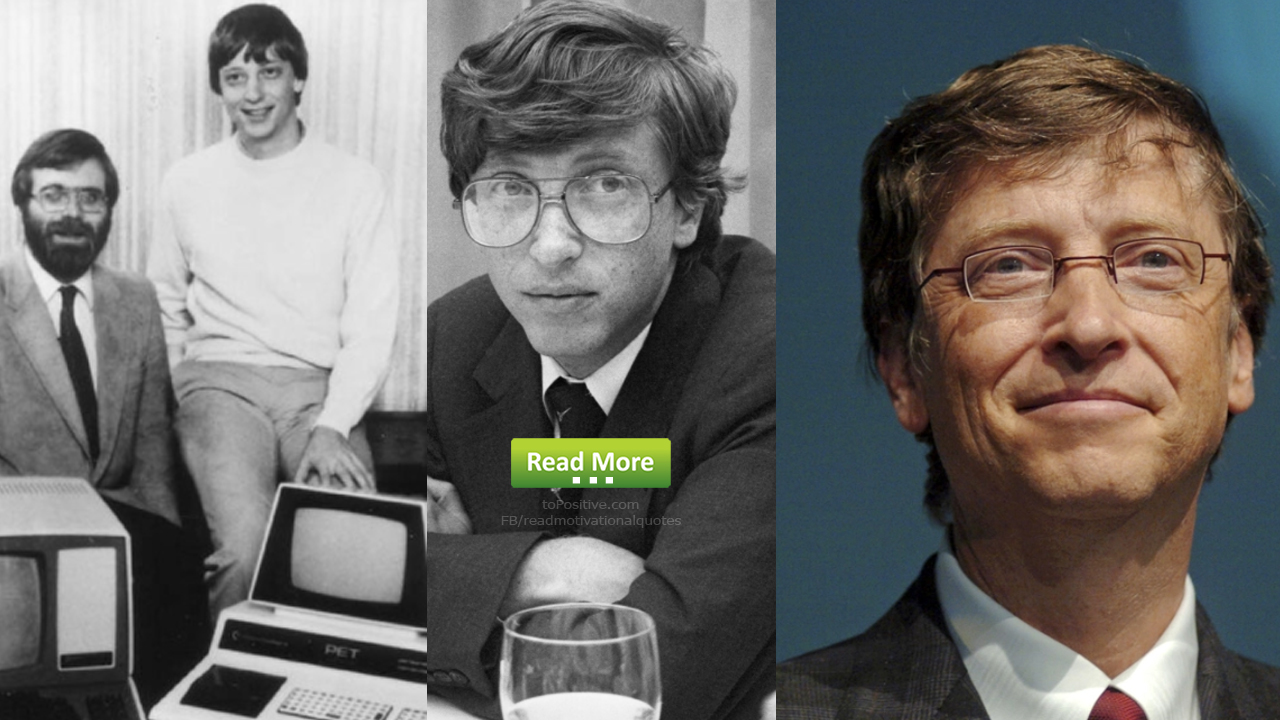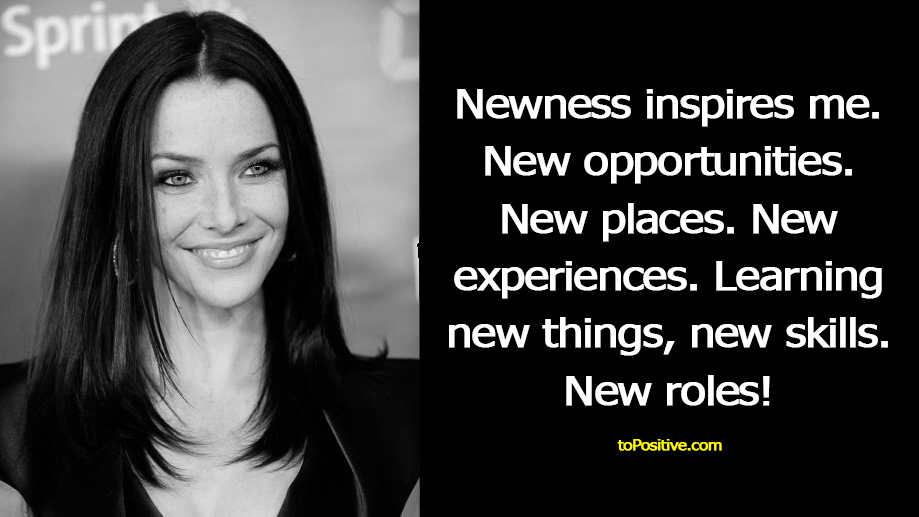Bill Gates is widely regarded as one of the most successful and influential figures in the technology industry. As the co-founder of Microsoft and one of the world’s wealthiest people, Bill Gates’ life and career offers a wealth of lessons. We will explore some of the key success lessons that can be gleaned from Bill Gates’ journey.
1. Work ethic
One of the most notable traits that contributed to Bill Gates’ success is his relentless drive and work ethic. Throughout his career, Bill Gates was known for his intense focus and dedication. This kind of tenacity and determination can be essential for anyone striving to achieve success in any field.

The development of Microsoft during its early years
In the company’s early days, Bill Gates was known for working long hours, often staying in the office well into the night to write code and develop new software.
Bill Gates’ dedication to his work was driven in part by his belief in the transformative power of personal computers. He saw the potential of computers to revolutionize the way people work and communicate, and he was determined to build software that would help to realize that potential.
In addition to his long hours, Bill Gates was also known for his attention to detail and his commitment to quality. He was a meticulous programmer, and he insisted on testing and refining every piece of software that Microsoft developed to ensure that it met the company’s high standards.
This work ethic was a key factor in Microsoft’s success, particularly in its early years. Bill Gates’ dedication and attention to detail helped to build a culture of excellence within the company, and it set a high bar for employees at all levels.
2. Innovation and forward-thinking
Bill Gates’ foresight and vision enabled him to anticipate emerging trends in the technology industry and create innovative products that transformed the way we live and work. By staying ahead of the curve and constantly pushing the boundaries of what was possible, Bill Gates could stay ahead of his competitors and establish a lasting legacy in the tech world.
Bill Gates’ ability to see the bigger picture and inspire his team to work towards a common goal was a key factor in his success. By setting ambitious goals and working tirelessly to achieve them, Bill Gates created a company culture focused on innovation and excellence.

His early recognition of the potential of personal computers
In the mid-1970s, Bill Gates and his business partner, Paul Allen, founded Microsoft with the goal of developing software for the emerging market of personal computers.
At the time, most people viewed personal computers as a novelty items with limited practical applications. However, Bill Gates saw the potential of computers to transform the way people work and communicate, and he was determined to build software that would help to realize that potential.
Over the years, Bill Gates continued to champion innovation and forward-thinking in his work at Microsoft. He was known for his willingness to take risks and invest heavily in new technologies, even when others in the industry were skeptical.
For example, in the late 1990s, Bill Gates became one of the first technology leaders to recognize the potential of the internet as a platform for commerce and communication. He directed Microsoft to invest heavily in internet-based technologies and to develop new products and services that would take advantage of the emerging market.
This approach paid off, and Microsoft emerged as a dominant player in the internet industry. Today, Microsoft remains at the forefront of innovation in areas such as artificial intelligence, cloud computing, and virtual and augmented reality.
3. Teamwork and collaboration
Although he is often seen as the face of Microsoft, Bill Gates’ success was in large part due to his ability to build and lead a talented team of employees and collaborators. By nurturing a culture of creativity, openness, and collaboration, Bill Gates was able to foster a dynamic and innovative company culture that helped Microsoft thrive.

His approach to leading Microsoft
Throughout his career, Bill Gates has emphasized the importance of building a strong and diverse team, and fostering an environment in which individuals can work together effectively.
For example, Bill Gates was known for his willingness to hire and mentor young talent, and for his focus on creating a culture of innovation and creativity within Microsoft. He also placed a high value on collaboration, encouraging employees to work across departments and share their ideas and expertise.
One notable example of Bill Gates’ emphasis on collaboration is the development of the Windows operating system. In the early 1990s, Bill Gates recognized that the success of Windows would depend on the ability of Microsoft’s engineers to work together effectively. He implemented a collaborative development process, in which teams of engineers from across the company were tasked with building different components of the operating system.
This approach allowed Microsoft to quickly develop and refine Windows and ultimately led to the widespread adoption of the operating system in homes and businesses around the world. It also helped to foster a culture of collaboration and innovation within Microsoft, which has been credited with the company’s continued success over the past several decades.
4. Strategic thinking and adaptability
Throughout his career, Bill Gates was constantly adapting to changing market conditions, regulatory environments, and consumer preferences, staying nimble and agile in the face of uncertainty. This kind of flexibility and ability to pivot can be essential for anyone seeking to achieve long-term success in a fast-changing world.

His approach to the rapid changes in the technology industry
In the early 2000s, Bill Gates recognized the growing importance of mobile devices and the potential of smartphones to revolutionize the way people access information and communicate. Despite Microsoft’s late entry into the mobile market, Bill Gates directed the company to invest heavily in developing mobile devices and software.
However, when Microsoft’s early attempts to compete with the iPhone proved unsuccessful, Bill Gates quickly adapted his strategy. He refocused the company’s efforts on developing software and services for mobile devices, rather than competing directly with Apple in the hardware space. This strategic shift allowed Microsoft to maintain its relevance in the mobile market and paved the way for the success of products such as Microsoft Office for mobile devices.
Bill Gates’ ability to anticipate and adapt to changes in the market is a testament to his strategic thinking and business acumen. It has helped Microsoft to remain a dominant player in the technology industry and has positioned Bill Gates as one of the most successful and influential entrepreneurs of our time.
5. The power of giving back
Through his philanthropic efforts, Bill Gates has become a champion of global health and education initiatives, donating billions of dollars to support causes that help improve the lives of people around the world. This kind of commitment to social responsibility and using one’s success for a greater purpose is a powerful lesson for anyone seeking to achieve success and make a positive impact on the world.
His philanthropic work has touched the lives of millions of people around the world and has inspired countless others to use their own resources and talents to make a difference.

The Bill and Melinda Gates Foundation
In 2000, Bill Gates and his wife Melinda established the foundation with the goal of improving health care and reducing poverty around the world. Since then, the foundation has become one of the largest philanthropic organizations in the world, with a budget of over $50 billion and programs in more than 100 countries.
Through the foundation, Bill Gates has invested billions of dollars in research and development programs aimed at fighting diseases such as malaria, HIV/AIDS, and tuberculosis. He has also been a vocal advocate for policies and programs that support global health and development and has used his platform to raise awareness about the challenges faced by people in developing countries.
In addition to his work through the foundation, Bill Gates has also pledged to give away the majority of his wealth to charitable causes. He has encouraged other wealthy individuals to do the same and has spoken out about the importance of using wealth to make a positive impact on the world.
6. Risk-taking
Bill Gates was not afraid to take risks and pursue new opportunities, even when they seemed daunting or uncertain.

His decision to shift Microsoft’s focus to the internet in the mid-1990s
At the time, the internet was still in its infancy, and few people saw its potential as a transformative force in the world of technology. However, Bill Gates recognized the potential of the internet early on and was convinced that it would be a major driver of innovation and growth in the years to come.
To position Microsoft at the forefront of this trend, Bill Gates made several bold moves, including the development of the Internet Explorer web browser and the acquisition of online services such as Hotmail and Skype. These moves were seen as risky at the time, as they required significant investments of time and resources, and there was no guarantee that they would pay off.
However, Bill Gates’ risk-taking paid off in a big way. By the late 1990s, Microsoft had become a dominant player in the emerging internet market, and its products and services were widely used by millions of people around the world. The success of Microsoft’s internet-focused strategy helped to solidify Bill Gates’ reputation as a visionary entrepreneur, and it set the stage for many of the company’s future successes in areas such as cloud computing and artificial intelligence.
7. Lifelong learning
Bill Gates has always been an avid learner, constantly seeking out new information and insights to improve his skills and knowledge.

His passion for reading
Bill Gates is known to be an avid reader, consuming dozens of books every year on a wide range of topics. He has even been known to send book recommendations to his colleagues and followers on social media.
Bill Gates has stated in interviews that he reads for several hours every day, and that reading helps him to stay informed about new developments in technology, business, and other fields. He also credits reading with helping him to develop new ideas and perspectives, which has been a key factor in his success as an entrepreneur and philanthropist.
Bill Gates’ commitment to lifelong learning is reflected in his philanthropic work as well. Through the Bill and Melinda Gates Foundation, he has invested billions of dollars in education and research programs, with the goal of improving the lives of people around the world. His dedication to learning and knowledge-sharing has inspired countless others to pursue their own learning journeys and make a positive impact on the world.
8. Focus on customers
Throughout his career, Bill Gates was always focused on creating products that met the needs and desires of his customers. By staying attuned to customer feedback and constantly improving his products and services, Bill Gates was able to build a loyal customer base and establish Microsoft as a leading player in the tech industry.

The development of Microsoft Windows
When Windows was first released in 1985, it was a relatively unknown product that faced stiff competition from established operating systems such as Apple’s Macintosh. However, Bill Gates and his team were determined to create a product that was tailored to the needs and desires of customers.
To achieve this, they conducted extensive market research to understand the needs and preferences of computer users. They found that users wanted a user-friendly graphical interface that was easy to navigate, and that could run multiple programs simultaneously. Based on this feedback, Bill Gates and his team developed Windows as a user-friendly operating system that was designed to meet the needs of a broad range of computer users.
This focus on customers paid off, and Windows became the dominant operating system in the PC market, with over 90% market share at its peak. The success of Windows is a testament to Gates’ ability to stay attuned to the needs and preferences of customers and to deliver products that meet their needs in innovative and effective ways.
9. Resilience
Bill Gates’ success is a testament to his ability to bounce back from setbacks and failures. Throughout his career, Bill Gates faced numerous challenges and setbacks, but he always persevered and remained focused on his long-term goals.

Bill Gates’ early days as a programmer
In 1975, Bill Gates and his partner Paul Allen founded Microsoft and began developing software for personal computers. However, their first product, a programming language called Altair BASIC, did not take off immediately. Despite facing setbacks and rejections, Bill Gates continued to refine the product and pitch it to potential customers.
Eventually, their perseverance paid off when they secured a deal with MITS, a leading computer manufacturer at the time. This led to a surge in demand for Microsoft’s products, and the company began to grow rapidly. Bill Gates’s determination to succeed and refusal to give up in the face of early setbacks was the key factor in Microsoft’s success, and it set the stage for the many other successes that Bill Gates would achieve throughout his career.
10 Famous Quotes of Bill Gates
“Success is a lousy teacher. It seduces smart people into thinking they can’t lose.”
Success can be a misleading teacher, as it can lead people to believe that they are invincible and cannot make mistakes. Bill Gates is warning against the complacency that can come with success, and instead encourages people to stay humble and continue to learn from their experiences, even when they achieve great success.
“Your most unhappy customers are your greatest source of learning.”
Bill Gates emphasizes the importance of customer feedback and the value of listening to customers, even when they are unhappy. He suggests that customers who are unhappy can provide valuable insights into the shortcomings of a product or service, which can be used to improve and create better offerings in the future.
“I failed in some subjects in exams, but my friend passed in all. Now he is an engineer at Microsoft and I am the owner of Microsoft.”
This quote is an example of Gates’ self-deprecating humor, as he pokes fun at himself and his academic struggles. It also highlights the fact that success is not necessarily determined by academic performance or intelligence alone, but also by factors such as perseverance, creativity, and a willingness to take risks.
“If you can’t make it good, at least make it look good.”
Bill Gates is suggesting that even if a product or service is not perfect, it is still important to make it visually appealing and well-presented in order to attract customers and create a positive impression.
“Be nice to nerds. Chances are you’ll end up working for one.”
This quote is a playful nod to the fact that many successful people in the technology industry are often perceived as “nerdy” or socially awkward. Gates is suggesting that it is important to treat people with kindness and respect, regardless of their social status or perceived intelligence, as anyone can end up becoming a successful leader in the future.
“Information technology and business are becoming inextricably interwoven. I don’t think anybody can talk meaningfully about one without talking about the other.”
Technology and business are now inseparable. Bill Gates is emphasizing the need for business leaders to have a strong understanding of technology and how it can be used to create value and drive innovation.
“We all need people who will give us feedback. That’s how we improve.”
Bill Gates suggests that feedback is essential for identifying areas of improvement and developing new skills, and he encourages people to seek out constructive criticism from others in order to continue learning and growing.
“The Internet is becoming the town square for the global village of tomorrow.”
This quote speaks to the transformative power of the internet and its potential to connect people from around the world. Gates suggests that the internet has the power to create a sense of global community and facilitate communication and collaboration on a massive scale.
“I believe that if you show people the problems and you show them the solutions they will be moved to act.”
Bill Gates’ optimism and belief in the power of human ingenuity to solve complex problems. He suggests that by identifying and presenting solutions to problems, people can be motivated to take action and make a positive impact on the world.
“As we look ahead into the next century, leaders will be those who empower others.”
In the past, leaders were often seen as those who had the most authority and made decisions for others. However, as we move into the future, the most successful leaders will be those who can inspire and support their team members to reach their full potential. This requires a focus on collaboration, communication, and creating a supportive work environment where everyone feels valued and empowered to contribute their unique skills and perspectives.
In Conclusion
Bill Gates’ remarkable success offers a wealth of valuable lessons for anyone seeking to achieve their own goals and aspirations. From his relentless work ethic and innovation mindset to his commitment to collaboration and social responsibility, Bill Gates’ success is a testament to the power of perseverance, vision, and strategic thinking. By incorporating these lessons into our own lives and careers, we can all strive to achieve success and make a positive impact on the world.




